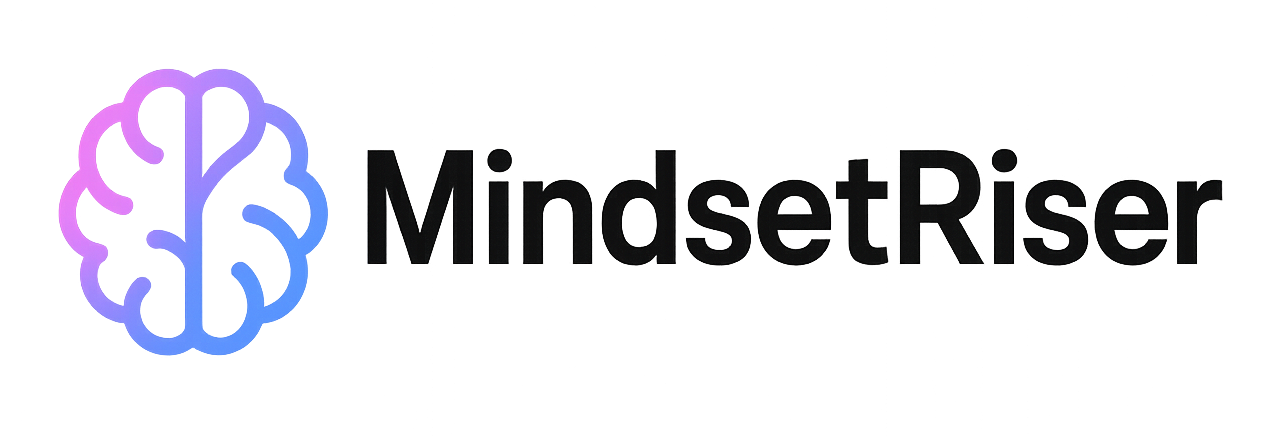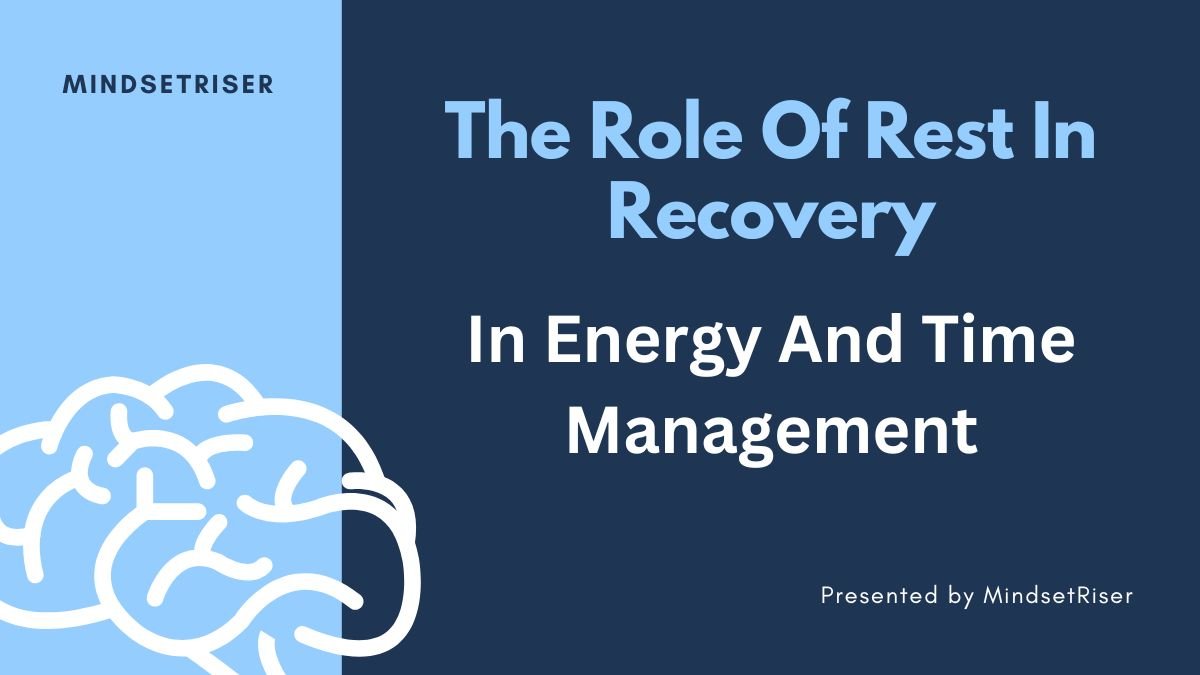The Role of Rest and Recovery in Time and Energy Management
Productivity is often measured by how much we can accomplish in a day. But what if the secret to higher performance isn’t about doing more—but resting smarter?
Rest and recovery are essential components of both time management and energy management. While time management focuses on optimizing schedules, and energy management ensures sustainable performance, rest is what fuels both. In this article, we’ll explore the science behind rest, why it’s crucial for maximizing efficiency, and how to incorporate recovery into your daily routine for long-term success.
Why Rest and Recovery Matter for Productivity
Rest isn’t just about sleep—it’s about intentional recovery that allows the brain and body to reset. Studies show that lack of rest leads to:
✅ Decreased focus and creativity
✅ Higher stress and burnout risk
✅ Poor decision-making and problem-solving skills
✅ Increased health issues like anxiety and fatigue
According to research, well-rested individuals perform 20-30% better in cognitive tasks compared to those running on insufficient rest. This means that prioritizing recovery is a productivity hack, not a waste of time.
The Connection Between Rest and Time Management
Time management isn’t just about fitting tasks into a schedule—it’s about making room for strategic breaks that boost efficiency.
🔹 The Pomodoro Technique: Work for 25 minutes, rest for 5 minutes—proven to enhance focus and prevent burnout.
🔹 Time Blocking for Breaks: High achievers don’t just schedule work; they also schedule rest periods.
🔹 Work Smarter, Not Longer: Studies show that working longer hours doesn’t equal higher productivity. Short breaks can actually improve performance.
📌 Example: Just like athletes prioritize rest days to maximize training results, professionals need recovery time to maintain peak performance.
How Rest Fuels Energy Management
Unlike time, energy is a renewable resource—but only if managed wisely. Rest is what allows energy levels to be replenished.
Types of Rest That Boost Energy:
🛌 Physical Rest: Sleep, stretching, naps, light movement
🧠 Mental Rest: Meditation, journaling, screen-free time
❤️ Emotional Rest: Quality time with loved ones, social downtime
🌿 Spiritual Rest: Time in nature, mindfulness, purpose-driven activities
How to Recharge Energy Efficiently:
✔ Prioritize 7–9 hours of quality sleep
✔ Take active recovery breaks (walks, power naps)
✔ Avoid energy-draining activities (excessive screen time, multitasking)
✔ Schedule deep rest sessions like meditation or relaxation
🚀 Pro Tip: Energy management isn’t just about what you do—it’s about what you recover from. The better your rest, the more energy you have to perform at your best.
Practical Strategies for Effective Rest and Recovery
Here are simple ways to make rest a part of your daily routine:
🛏 Optimize Sleep Quality:
- Maintain a consistent bedtime and wake-up time.
- Reduce screen exposure before bed.
- Create a sleep-friendly environment (dark, cool, quiet room).
🚶♂️ Incorporate Active Recovery:
- Take stretch breaks between tasks.
- Try low-intensity movement like yoga or walking.
- Avoid sitting for extended periods—move every 30–60 minutes.
🧘 Give Your Mind a Break:
- Try mindfulness or deep breathing exercises.
- Unplug from technology during the evening.
- Engage in hobbies that help you relax.
🔄 Align Rest with Work Rhythms:
- Use 90-minute ultradian cycles (work for 90 minutes, rest for 20).
- Schedule midday recharge sessions instead of long, unproductive work stretches.
- Track energy levels and rest accordingly.
📌 Fact: A short 20-minute nap can increase alertness by 34%, making it more effective than caffeine!
Common Myths About Rest and Productivity
❌ “More work = more success” → False! Overworking leads to burnout and lower efficiency.
❌ “I’ll sleep when I’m dead” → Myth! Chronic sleep deprivation reduces lifespan and cognitive function.
❌ “Breaks waste time” → Wrong! Rested minds work faster and smarter.
🚀 Truth: The most successful people don’t just work hard—they rest strategically!
Conclusion
Rest and recovery are not optional—they are productivity multipliers. The best time managers and energy managers prioritize intentional rest to sustain long-term success.
✔ Rest improves focus, creativity, and decision-making.
✔ Recovery prevents burnout and enhances long-term efficiency.
✔ Scheduling breaks is just as important as scheduling work.
If you want to maximize your personal output, don’t just plan your work—plan your rest.

